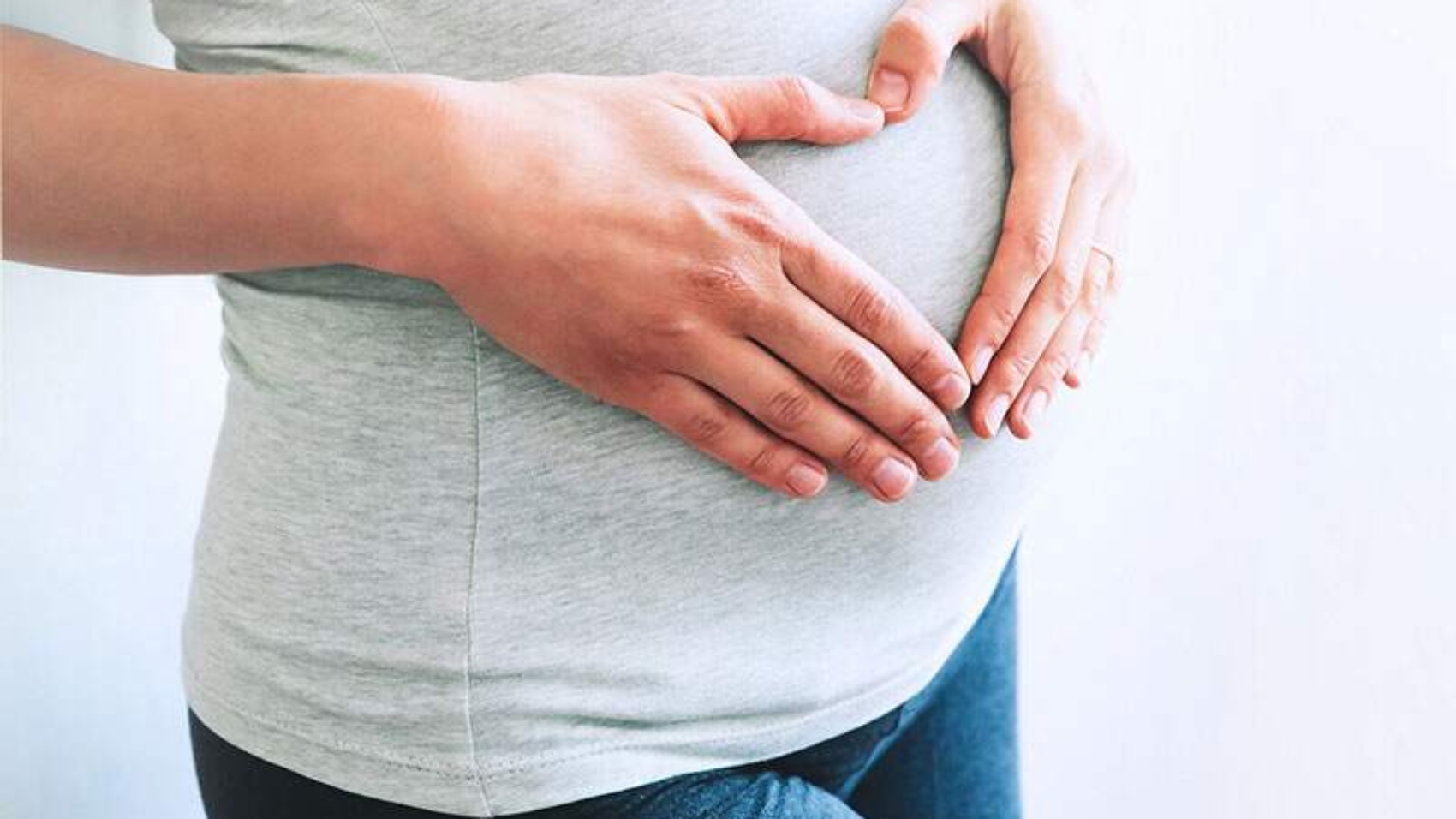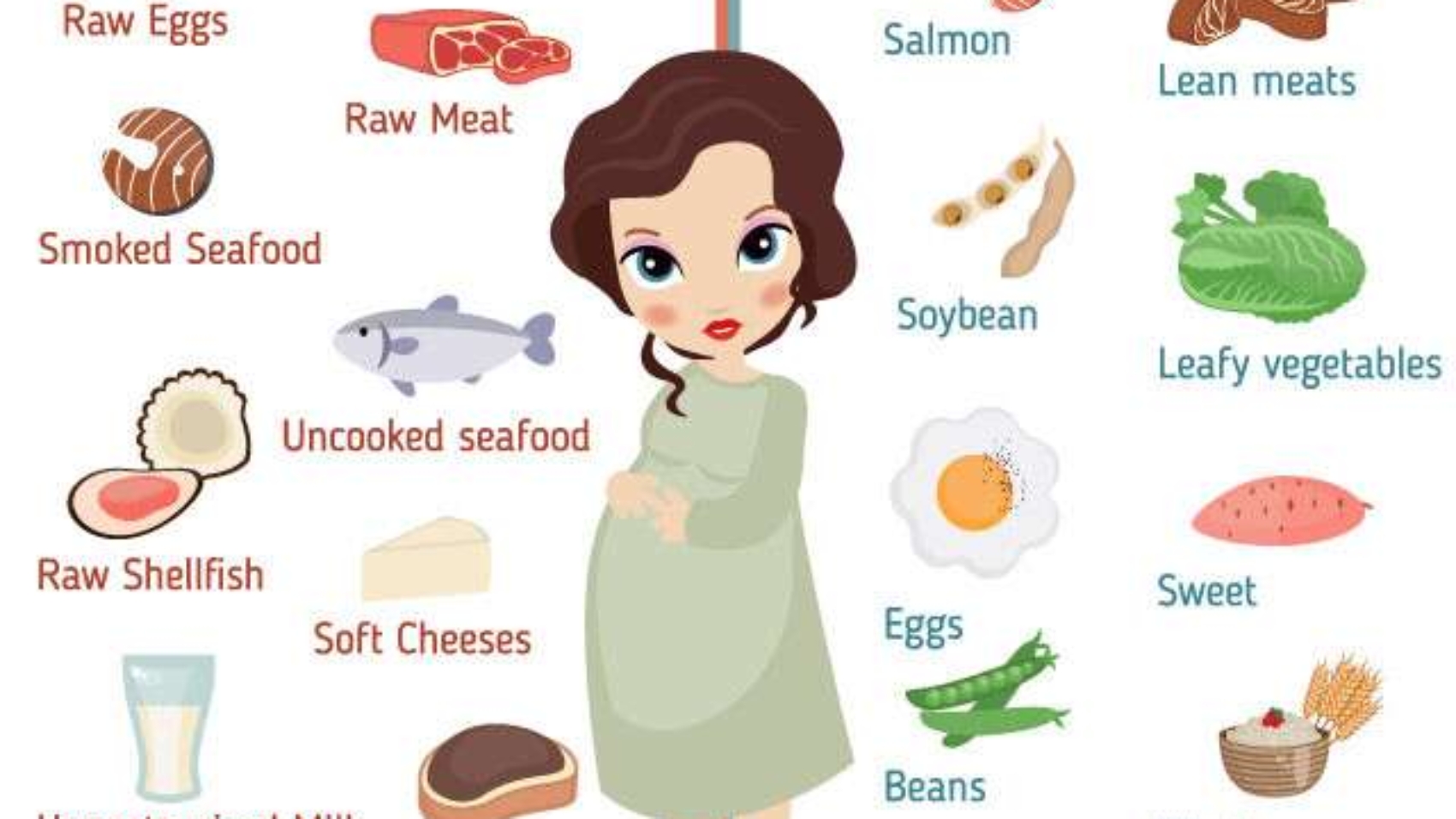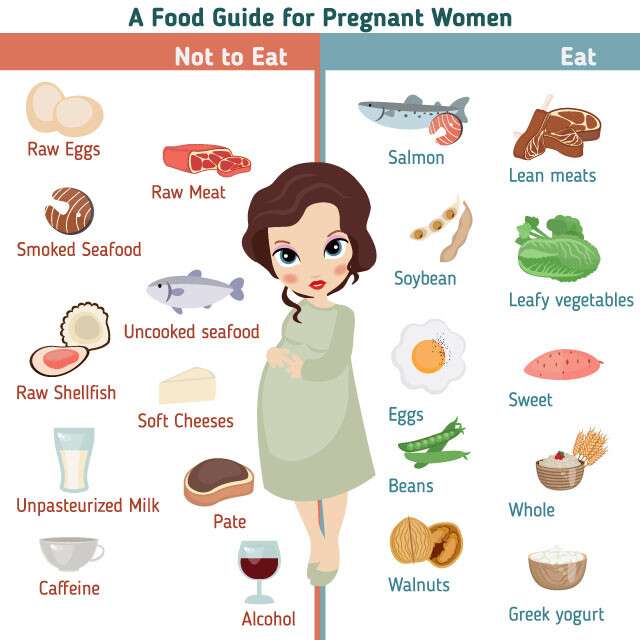
Introduction
This blog describes the first 5 months of healthy pregnancy symptoms. Pregnancy is an extraordinary journey filled with numerous changes and milestones, and the fifth month marks a significant period in this miraculous process. As your body continues to adapt to nurturing new life, it’s crucial to recognize and understand the 5 months of healthy pregnancy symptoms to ensure your and your baby’s well-being.
Development Milestones
During the fifth month of pregnancy, your baby undergoes remarkable developments. By this stage, your little one is about the size of a sweet potato, and their growth is evident. Organs such as the heart, kidneys, and liver are rapidly maturing, while their tiny limbs are becoming more defined. Expectant parents often find this period especially enchanting as they may begin to feel the first gentle flutters of fetal movement, known as “quickening.”
Physical Changes
As your pregnancy progresses, your body will undergo various physical transformations to accommodate your growing baby. At 5 months pregnant, you may notice that your belly has become more pronounced, and your uterus has expanded well beyond your pelvis. Additionally, many expectant mothers experience changes in their skin, including the appearance of the pregnancy glow due to increased blood circulation and hormonal changes.
Common 5 Months Healthy Pregnancy Symptoms
While every pregnancy is unique, there are several common symptoms experienced by many women during the fifth month:
1. Increased Energy
During the second trimester, many expectant mothers find a welcome surge in energy levels. This newfound vitality often accompanies relieving early pregnancy symptoms like nausea and fatigue, allowing you to enjoy a more active lifestyle.
2. Visible Baby Bumps
By the fifth month, your baby bump becomes more noticeable, prompting strangers and loved ones alike to comment on your growing belly. Embrace this visible reminder of the miracle unfolding within you, and consider documenting your pregnancy journey through photographs to cherish these precious moments.
3. Braxton Hicks Contractions
Some women may experience Braxton Hicks contractions, also known as “practice contractions,” during the fifth month of pregnancy. While these sporadic tightenings of the uterus are usually painless and irregular, they serve as valuable preparation for the real contractions that will accompany labor.
4. Skin Changes
Hormonal fluctuations may lead to changes in your skin, ranging from the appearance of stretch marks to increased oiliness or dryness. Maintain a skincare routine that includes gentle cleansing and moisturizing to support your skin’s health and elasticity during this transformative period.
5. Enhanced Senses
Many expectant mothers report heightened senses during pregnancy, including a greater sensitivity to smells, tastes, and sounds. Embrace this heightened awareness as you bond with your baby and navigate the world with a newfound appreciation for its nuances.
Seeking Support
While 5 months of healthy pregnancy symptoms are a positive sign of your body’s remarkable ability to nurture new life, it’s essential to prioritize your physical and emotional well-being throughout this journey. Don’t hesitate to reach out to your healthcare provider if you have any concerns or questions about your pregnancy symptoms or overall health.
Nutritional Needs
During the fifth month of pregnancy, your baby’s nutritional requirements continue to increase. Focus on consuming a balanced diet rich in essential nutrients such as folate, iron, calcium, and protein. Incorporate a variety of fruits, vegetables, whole grains, lean proteins, and dairy products into your meals to support your health and your baby’s optimal development.
Exercise and Physical Activity
Maintaining a regular exercise routine during pregnancy offers numerous benefits, including improved circulation, reduced discomfort, and enhanced mood. Engage in low-impact exercises such as prenatal yoga, swimming, or walking to promote strength, flexibility, and overall well-being. Consult with your healthcare provider to ensure your chosen exercise regimen is safe and suitable for your needs.
Emotional Changes
Pregnancy is a time of profound emotional changes, and the fifth month may bring about a range of feelings, from excitement and anticipation to anxiety and apprehension. It’s perfectly normal to experience fluctuations in mood as you navigate the physical and psychological aspects of pregnancy. Prioritize self-care activities such as relaxation techniques, journaling, or connecting with supportive loved ones to manage stress and cultivate emotional resilience.
Bonding with Your Baby
As your pregnancy progresses, take physical and emotional opportunities to bond with your baby. Spend quiet moments resting your hands on your belly and feeling for your baby’s movements. Consider playing soothing music or reading aloud to your baby to establish a nurturing connection. Engage your partner and other family members in the pregnancy journey to foster a sense of shared anticipation and joy.
Preparation for Parenthood
The fifth month of pregnancy offers an ideal opportunity to begin preparing for the arrival of your baby. Take practical steps such as researching childbirth education classes, assembling essential baby gear, and creating a birth plan that reflects your preferences and priorities. Explore resources on newborn care, breastfeeding, and postpartum support to equip yourself with knowledge and confidence for the journey ahead.
Monitoring Your Health
Regular prenatal appointments with your healthcare provider are crucial for monitoring both your health and the development of your baby. During these visits, your provider will assess vital signs, conduct screenings, and address any questions or concerns you may have. Be proactive in advocating for your well-being and communicating openly with your healthcare team to ensure the best possible outcomes for you and your baby.
Sleep and Rest
During the fifth month of pregnancy, changes in hormone levels and physical discomfort may impact your sleep patterns. Focus on establishing a relaxing bedtime routine and creating a comfortable sleep environment to promote restful sleep. Experiment with supportive pillows or cushions to alleviate pressure on your growing belly and reduce discomfort. If you experience difficulty sleeping, consider practicing relaxation techniques such as deep breathing or guided imagery to help you unwind.
Maternity Clothing and Comfort
As your body continues to expand to accommodate your growing baby, investing in maternity clothing can enhance both comfort and style. Look for clothing options specifically designed for expectant mothers, such as stretchy pants, loose-fitting tops, and supportive undergarments. Prioritize fabrics that are soft, breathable, and gentle on sensitive skin. Embrace your evolving silhouette and choose clothing that makes you feel confident and comfortable throughout your pregnancy journey.
Dental Care
Maintaining good oral hygiene is essential for both your health and the well-being of your baby. Hormonal changes during pregnancy may increase the risk of gum disease and other dental issues, so prioritize regular brushing, flossing, and dental check-ups. Inform your dentist of your pregnancy status, and discuss any concerns or recommended treatments. Remember that a healthy mouth contributes to overall wellness for you and your baby.
Pregnancy Fitness and Wellness
In addition to regular exercise, consider incorporating other wellness practices into your routine to support your physical and emotional health during pregnancy. Explore options such as prenatal massage, acupuncture, or meditation to alleviate discomfort and promote relaxation. Consult with qualified healthcare providers or wellness professionals to ensure that any treatments or practices are safe and appropriate for pregnancy.
Preparing Siblings and Family Members
If you have other children or family members, involve them in the pregnancy journey to foster a sense of inclusion and excitement. Talk to older siblings about the upcoming arrival of their new brother or sister, and encourage them to ask questions and share their feelings. Consider involving family members in preparations for the baby’s arrival, such as decorating the nursery or selecting baby names. Cultivate a supportive and inclusive family environment to nurture positive relationships and smooth transitions during this period of change.
Birth Planning and Decision-Making
As the fifth month of pregnancy unfolds, begin to explore your options and preferences for childbirth and postpartum care. Research different birth settings, such as hospitals, birth centers, or home births, and consider which approach aligns best with your values and desires. Discuss your birth plan with your healthcare provider and loved ones, and remain open to adjustments as your pregnancy progresses. Empower yourself with knowledge and confidence to advocate for the birthing experience that feels safest and most fulfilling for you and your baby.
Conclusion
The 5 months of healthy pregnancy symptoms represent a pivotal stage in the remarkable journey of pregnancy. By prioritizing self-care, seeking support, and staying informed, you can navigate this transformative period with grace and confidence. Embrace the changes in your body, cherish the moments of connection with your baby, and prepare for the joys and challenges of parenthood with anticipation and resilience.
Frequently Asked Questions (FAQs) About 5 months of healthy pregnancy symptoms
1. How can I tell if my pregnancy symptoms are normal at five months?
It’s normal to experience a range of symptoms during pregnancy, including fatigue, nausea, and changes in appetite. However, if you’re concerned about the severity or frequency of your symptoms, it’s always best to consult with your healthcare provider for personalized guidance and reassurance.
2. Is it normal to feel Braxton Hicks contractions at five months pregnant?
Yes, many women experience Braxton Hicks contractions, also known as “practice contractions,” during the fifth month of pregnancy. These contractions are typically mild and irregular and serve as preparation for labor. However, if you have any concerns about contractions or other symptoms, don’t hesitate to contact your healthcare provider for advice.
3. How can I manage skin changes during pregnancy?
Hormonal fluctuations during pregnancy can lead to changes in your skin, such as stretch marks, increased oiliness, or dryness. To manage these changes, maintain a gentle skincare routine that includes moisturizing and hydrating products. Additionally, staying hydrated and eating a balanced diet rich in vitamins and nutrients can support skin health from the inside out.


















